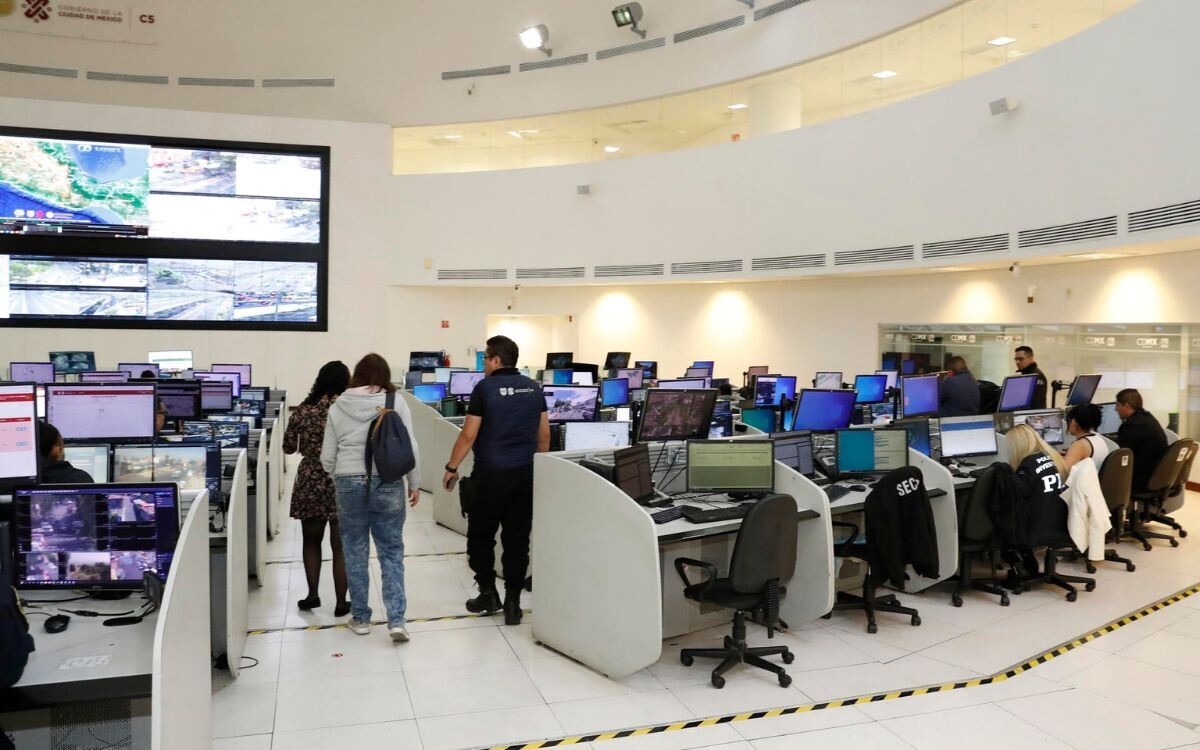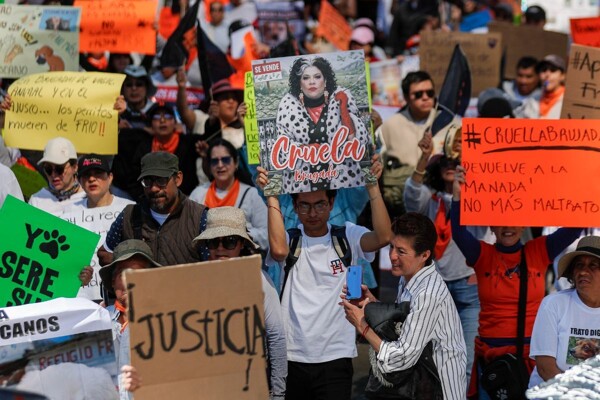
The Command, Control, Computing, Communications, and Citizen Contact Center of Mexico City (C5) has implemented the 'Violet Glasses' project, a strategy aimed at incorporating a gender perspective, as well as detecting and preventing macho violence in the largest network of cameras in Latin America, composed of more than 80,000 devices distributed throughout the capital.
According to Salvador Guerrero Chiprés, the general coordinator of C5, the primary objective of the initiative is to adopt an approach that recognizes data coming from reality, identifying and addressing the five forms of gender violence established by law: physical, psychological, patrimonial, economic, and sexual. He emphasized that this 'gender perspective' is unique in Mexico and is distinguished by combining the extensive network of cameras with six emergency lines, including the *765 SOS Women's line, aimed at cases related to macho violence.
Guerrero Chiprés stressed that the strength of this perspective of video surveillance with violet tones is incomparable, even when comparing the case with neighboring entities, such as the State of Mexico, which has 21,000 cameras and four times more territory than Mexico City. This initiative, backed by exhaustive diagnostics, comprehensive public policies, and verifiable results, is aimed at promoting the construction of substantive equality, in line with the vision proposed by the head of government, Clara Brugada.
Regarding the practical functioning of this perspective in C5's operations, the attention and follow-up of emergency calls received on the *911 and *765 SOS Women lines are highlighted, where for the first time there have been questions aimed at improving identification and response to situations of gender violence. Additionally, it is mentioned that the *765 line is exclusively attended by women, which speeds up the response to potential femicide risk situations. In cases where an imminent danger of femicide is identified, a special protocol is established to ensure the safety of the affected person.
During the period from January 1 to April 9, the C5 of Mexico City managed nearly 188,940 emergency calls related to incidents involving women, with physical and verbal assaults being the most frequent. Guerrero Chiprés pointed out that reports of assaults, both in public and private spaces, highlight the need to implement specific measures to address these cases. Furthermore, the importance of this data for the formulation of public policies is emphasized, in collaboration with the institutions that make up the capital's Security Cabinet. However, there are still limitations in determining how many of these emergency reports resulted in femicides, which represent the most extreme expression of gender violence.













